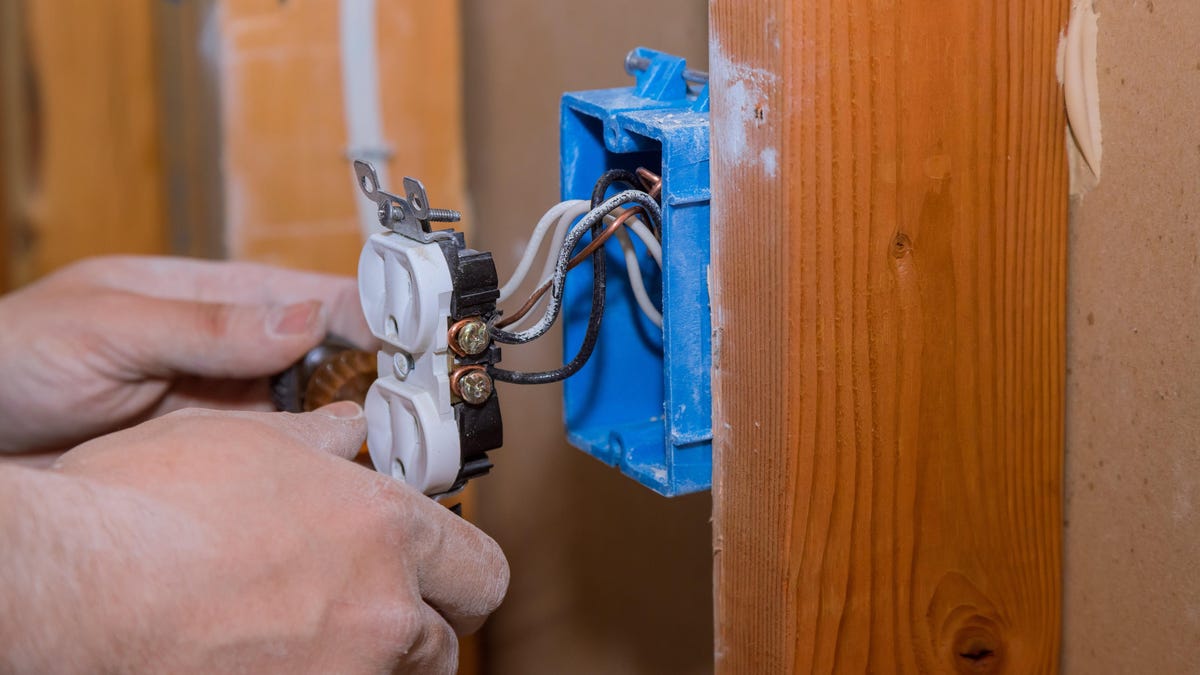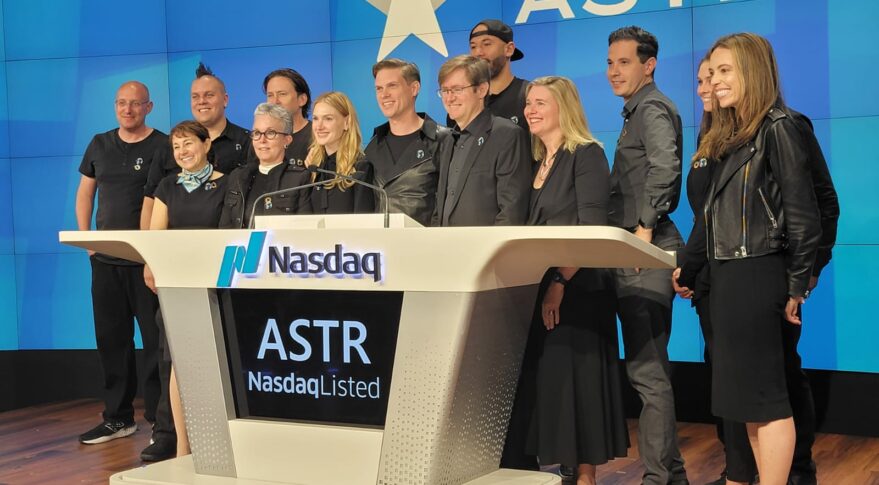Young Adults and Mental Health: Is Greater Childhood Independence the Answer?
Assistant Professor Brett Mallon begins his evening Zoom session at Kansas State University with a question: When students hear the word "conflict," what associations do they make?
Many early responses are decidedly negative. “I would say avoid it at all costs,” suggested one student. "Argument, awkward conversations," says another. The list grows as students make emotional associations they have with conflict: stress, discomfort, war. Only one student suggests that he sees conflict as "an opportunity for growth."
This is Conflict Resolution, an uncredited workshop in an "Adulting 101" series at Kansas State. The cheeky name, created by the campus wellness center, belies its serious purpose: to fill gaps in missing life skills for students with lessons that range from practical, like how to budget, to relational, like dealing with an impostor. syndrome.
“Students talk about conflict like it's a terrible thing,” Mallon said in an interview. “Are they afraid of [conflict] or do they lack experience? Probably a bit of both."
Seminars and courses like "Adulting 101" are becoming more common on college campuses. Although varying in style and substance - from one-off courses on stress management to full-semester psychology courses on how to be happy - more and more universities are offering student aid to struggling with the stresses of everyday life and mental health issues such as anxiety and depression. /p>
But a growing body of evidence is beginning to suggest that problems with "adulthood" and student mental health may be rooted, at least in part, in modern childhood. Research shows that young people lack emotional resilience and independence compared to previous generations. The problem has grown alongside rising rates of anxiety and depression, perhaps exacerbated by the COVID-19 pandemic, and has left colleges scrambling to help and adapt.
“Some parents have parented differently, they have this value of success at all costs,” said Dori Hutchinson, executive director of the Center for Psychiatric Rehabilitation at Boston University. “I like to describe it as some kids grow up developmentally delayed, 18s today are like 12s ten years ago. They have very little tolerance for conflict and discomfort, and COVID has just exposed it.
How Modern Childhood Changed and Changed Mental HealthResearch shows that young people who come to campus with a healthy dose of resilience and independence do better academically and emotionally, but today more and more students of all horizons arrive on campus with much less experience in dealing with the vagaries of life. Many even view normal adult activities as risky or dangerous.
In a new study currently under review, Georgetown University psychologist Yulia Chentsova Dutton examined whether American students' threshold for what is considered risky was comparable to that of their peers in the world. Chentsova Dutton and her team interviewed students from Turkey, Russia, Canada and the United States, asking them to describe a risky or dangerous experience they had in the past month. Turkish and Russian students described witnessing events that involved real risk: violent fights on public transport; dangerous driving conditions caused by drunk drivers; women are aggressively followed on the streets.
But American college students were much more likely to cite things that most adults do every day, such as being alone outside or riding alone in an Uber, as dangerous.
The risk threshold for American students was relatively "pretty low", according to Chentsova Dutton. Students who reported gaining independence later in childhood—going to the grocery store or taking public transportation alone, for example—considered their college campuses to be more dangerous; these same students also had fewer positive emotions during des...

Assistant Professor Brett Mallon begins his evening Zoom session at Kansas State University with a question: When students hear the word "conflict," what associations do they make?
Many early responses are decidedly negative. “I would say avoid it at all costs,” suggested one student. "Argument, awkward conversations," says another. The list grows as students make emotional associations they have with conflict: stress, discomfort, war. Only one student suggests that he sees conflict as "an opportunity for growth."
This is Conflict Resolution, an uncredited workshop in an "Adulting 101" series at Kansas State. The cheeky name, created by the campus wellness center, belies its serious purpose: to fill gaps in missing life skills for students with lessons that range from practical, like how to budget, to relational, like dealing with an impostor. syndrome.
“Students talk about conflict like it's a terrible thing,” Mallon said in an interview. “Are they afraid of [conflict] or do they lack experience? Probably a bit of both."
Seminars and courses like "Adulting 101" are becoming more common on college campuses. Although varying in style and substance - from one-off courses on stress management to full-semester psychology courses on how to be happy - more and more universities are offering student aid to struggling with the stresses of everyday life and mental health issues such as anxiety and depression. /p>
But a growing body of evidence is beginning to suggest that problems with "adulthood" and student mental health may be rooted, at least in part, in modern childhood. Research shows that young people lack emotional resilience and independence compared to previous generations. The problem has grown alongside rising rates of anxiety and depression, perhaps exacerbated by the COVID-19 pandemic, and has left colleges scrambling to help and adapt.
“Some parents have parented differently, they have this value of success at all costs,” said Dori Hutchinson, executive director of the Center for Psychiatric Rehabilitation at Boston University. “I like to describe it as some kids grow up developmentally delayed, 18s today are like 12s ten years ago. They have very little tolerance for conflict and discomfort, and COVID has just exposed it.
How Modern Childhood Changed and Changed Mental HealthResearch shows that young people who come to campus with a healthy dose of resilience and independence do better academically and emotionally, but today more and more students of all horizons arrive on campus with much less experience in dealing with the vagaries of life. Many even view normal adult activities as risky or dangerous.
In a new study currently under review, Georgetown University psychologist Yulia Chentsova Dutton examined whether American students' threshold for what is considered risky was comparable to that of their peers in the world. Chentsova Dutton and her team interviewed students from Turkey, Russia, Canada and the United States, asking them to describe a risky or dangerous experience they had in the past month. Turkish and Russian students described witnessing events that involved real risk: violent fights on public transport; dangerous driving conditions caused by drunk drivers; women are aggressively followed on the streets.
But American college students were much more likely to cite things that most adults do every day, such as being alone outside or riding alone in an Uber, as dangerous.
The risk threshold for American students was relatively "pretty low", according to Chentsova Dutton. Students who reported gaining independence later in childhood—going to the grocery store or taking public transportation alone, for example—considered their college campuses to be more dangerous; these same students also had fewer positive emotions during des...
What's Your Reaction?















![Three of ID's top PR executives quit ad firm Powerhouse [EXCLUSIVE]](https://variety.com/wp-content/uploads/2023/02/ID-PR-Logo.jpg?#)







